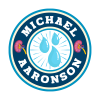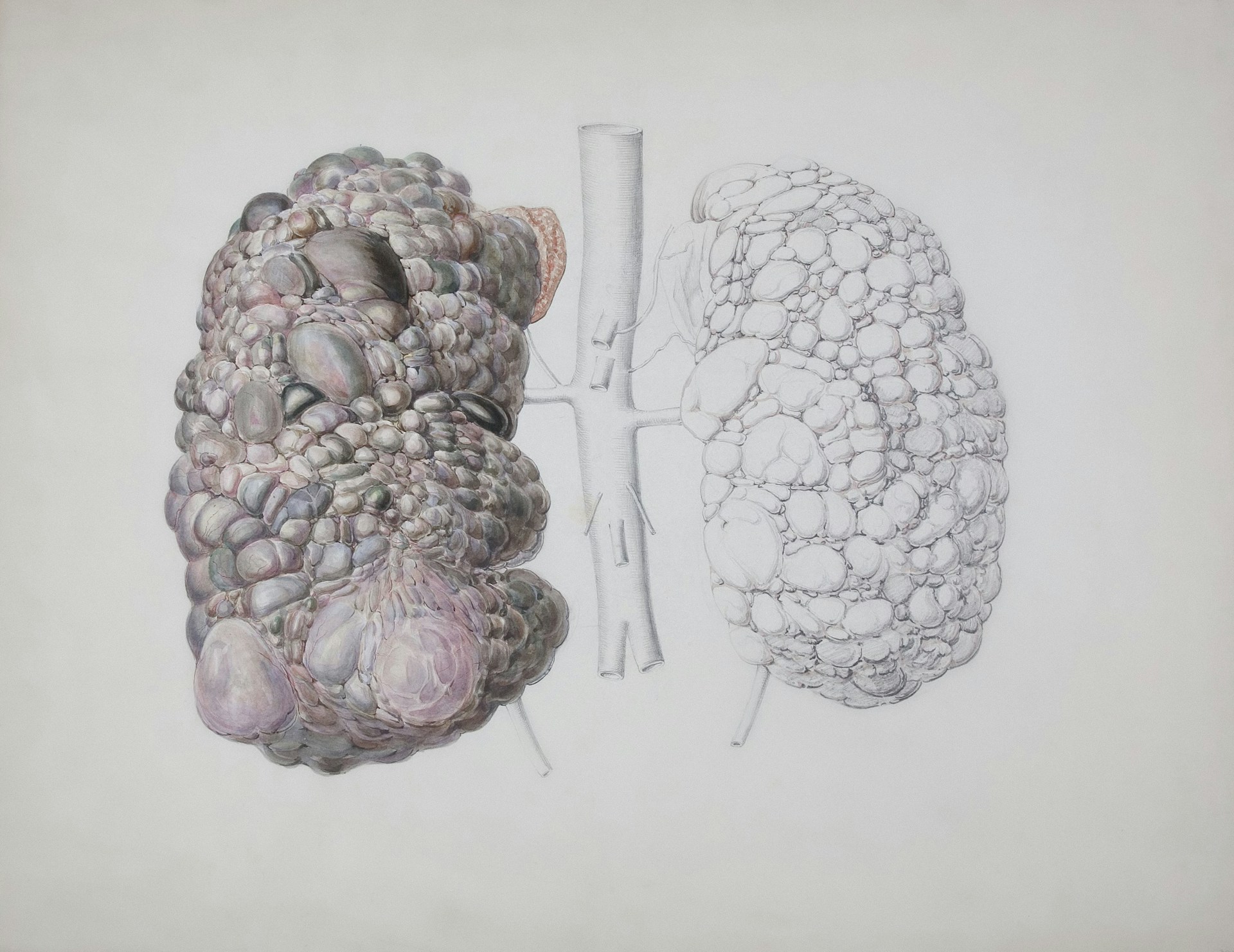Background: Does Creatine Raise Creatinine?
A college age, extremely muscular male wants to play football in Lincoln, Nebraska. He is 6 foot, 5 inches tall. He gets a routine physical and is noted to have an elevated creatinine of 1.8. Based on his age, his eGFR suggests he is CKD Stage 3A. He does not have albumin in his urine (his uACR is less than 30).
To increase his endurance, he started using creatine to supplement his workouts. The student endorses taking 15 grams per day of creatine, purchased from a reputable establishment.
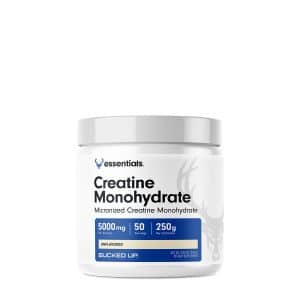
The young man presents to the nephrologist for an evaluation of an elevated creatinine, clearance to continue to prepare for and apply to the football program, and an opinion on whether to continue creatine.
Please answer the following questions:
Describe the role of creatine in the body.
Creatine is a natural compound primarily found in muscles that helps provide energy for muscle contractions.
Creatine plays a crucial role in the body’s energy production, particularly during high-intensity, short-duration activities like lifting weights or sprinting. It aids in the rapid regeneration of adenosine triphosphate, ATP, the primary energy source for muscle contractions, leading to improved performance and muscle strength.
How can a person obtain creatine?
A person can get creatine from meat products, fish, or over-the-counter supplements.
Creatine is a naturally occurring compound found in animal products like meat and fish. It can also be obtained through dietary supplements. The body can produce creatine, but additional intake can benefit athletic performance and muscle strength.
Define creatinine and its relation to creatine.
Creatinine is a waste product formed from the muscle metabolism of creatine. It is filtered by the kidneys and excreted in urine.
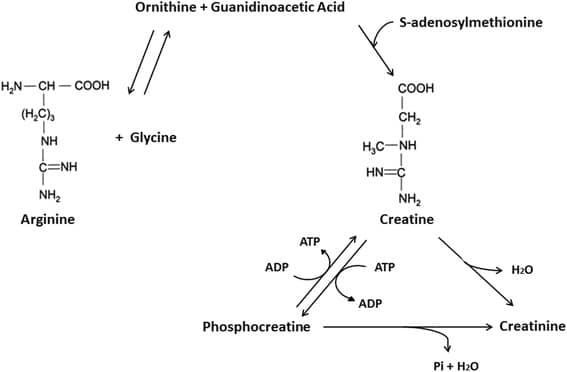
Do high levels of creatine affect the accuracy of creatinine measurements?
Yes, high levels of creatine can be misinterpreted as creatinine by laboratory analyzers, potentially leading to an incorrect diagnosis of CKD.
Our patient was taking 3 times the recommended amount of creatine.
High levels of creatine can interfere with the accurate measurement of creatinine, used to calculate the eGFR, because they have similar chemical structures.
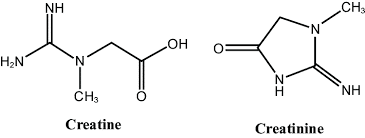
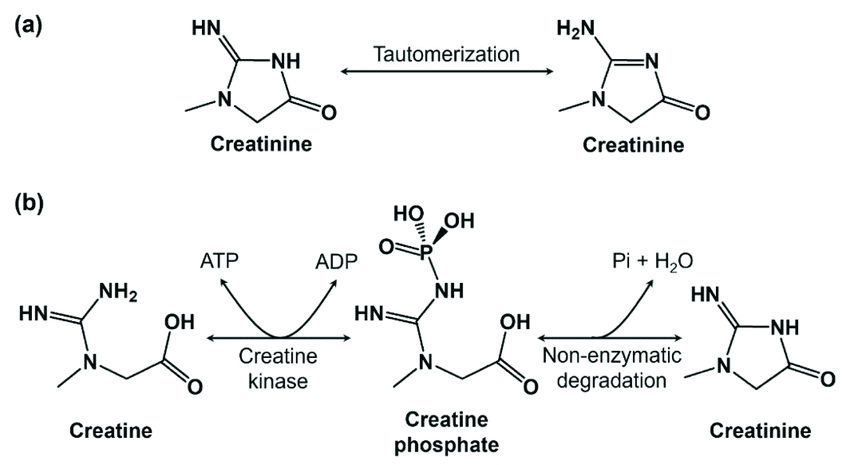
When creatine is misread by the laboratory analyzers as creatinine, it can incorrectly lead to a misdiagnosis of chronic kidney disease (CKD) in a patient when the diagnosis does not exist.
How can creatine supplementation impact athletes’ performance?
Athletes often use creatine supplements to enhance their workout performance.
Creatine supplementation can increase muscle phosphocreatine stores, aiding in quick energy production during high-intensity exercise. This can lead to improved strength, power, and muscle endurance, benefiting athletes in activities requiring short bursts of intense effort.
Discussion:
More Interested Kidney Articles:
Table: Calculating And Recording Daily Protein Requirements in CKD – Patient Information, Quiz
